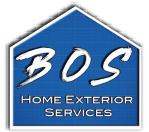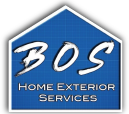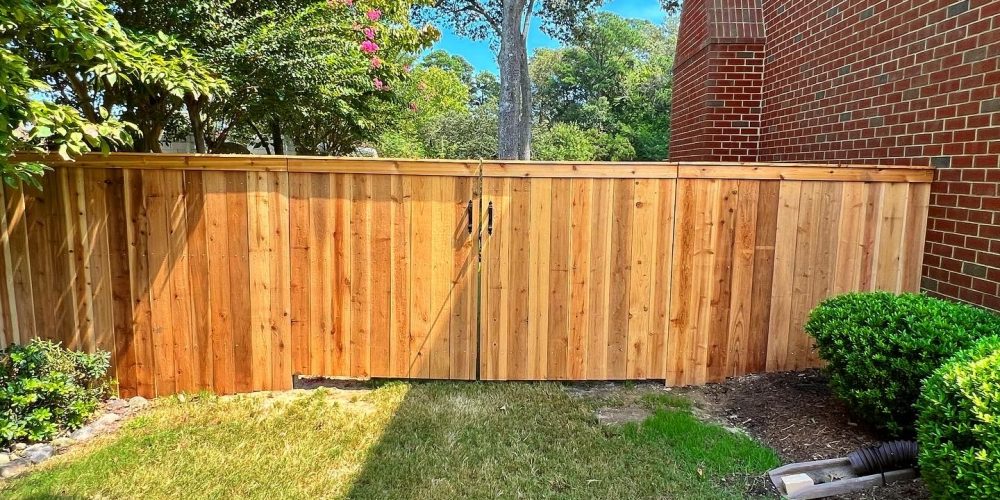We offer some of the best quality custom fencing in Virginia Beach with a variety of options to choose from. We take pride in our work and our Fencing is built to last. Bos Home Exterior LLC has been installing quality built fences for residents of Virginia Beach since 2020. Our friendly, knowledgeable, and personable staff make every fence installation and enjoyable experience for our customers. We get the job done right the first time and in a timely manner, sometimes within the same day as the project begins! Schedule an appointment and we’ll be happy to walk you through every step and detail of how we can provide you with a long lasting fence.
Enjoy a 1-year labor warranty on all fence installations!


